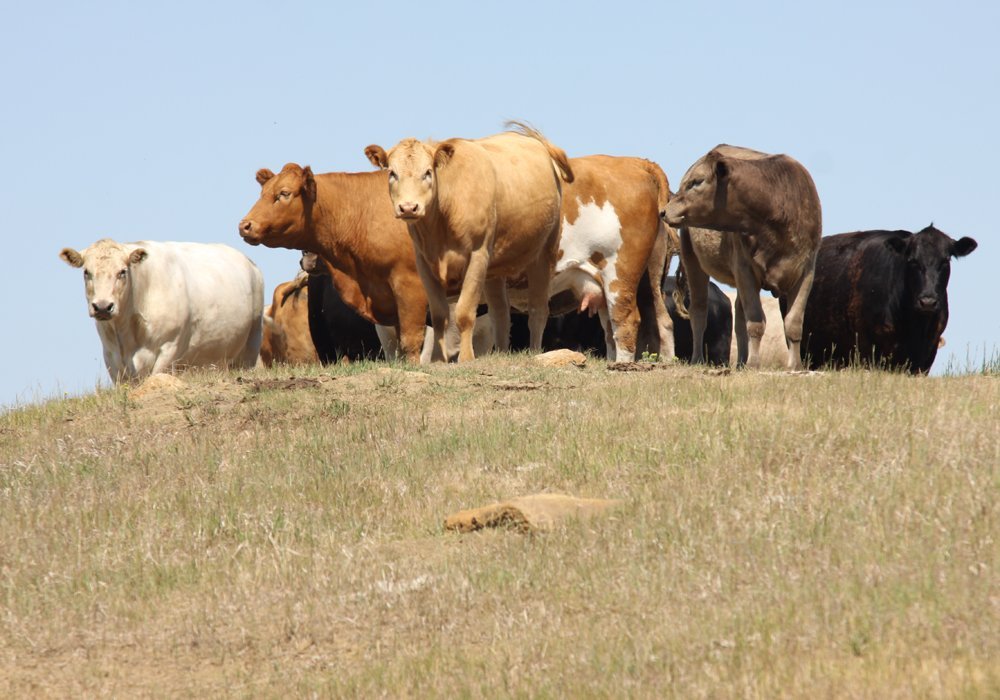Sask. eases use of crops for feed

Saskatchewan has announced some immediate drought relief, particularly for livestock producers who are running out of feed.
Agriculture minister David Marit said today that grain farmers who have crop insurance will be able to put low-yielding crops to alternative use such as silage, bales or grazing as soon as they want to do so. They should call the corporation first and leave a check strip if an adjuster can’t get out there right away.
Saskatchewan Crop Insurance Corp. is doubling the low yield appraisal threshold for customers who move their crops into the feed market. Barley, for example, is typically at seven bushels per acre but will now be 14 bu. per acre.
When crop yields fall below the threshold the yield is reduced to zero. According to the minister the zero-bushel yield would be used for the claim and 14 bu. will be used to update future coverage in the barley example. This won’t affect future coverage.
Marit encouraged livestock producers and grain farmers to work together to make the best decisions for their operations.
The other change made Wednesday was a temporary increase to the cap of projects under the Farm and Ranch Water Infrastructure Program. Typically, dugouts, pipelines and wells can be funded at 50 percent of eligible costs to a lifetime maximum of $50,000.
Between April 1 and Oct. 31 this year that has been increased to $150,000.
The first $50,000 will be cost-shared 50-50 and the remaining $100,000 will be on a 70-30 government-producer cost-share, the minister said.
Noting that some producers may have used the program to dig dugouts that are empty, Marit said that some may come back to the program for wells or pipelines to get water to their cattle.
In addition, the government has asked Ottawa to designate the entire province eligible for the livestock tax deferral program for producers who do need to sell cows.
Between 75 and 77 percent of Saskatchewan acres are covered by SCIC programs.
Marit said he looked at measures that could help producers today, rather than 18 months down the road when a program such as AgriStability would kick in.
Earlier, the Saskatchewan Association of Rural Municipalities joined the call for drought relief, saying excessively high temperatures and no precipitation will mean municipalities soon consider disaster status.
Contact karen.briere@producer.com
Source: www.producer.com

